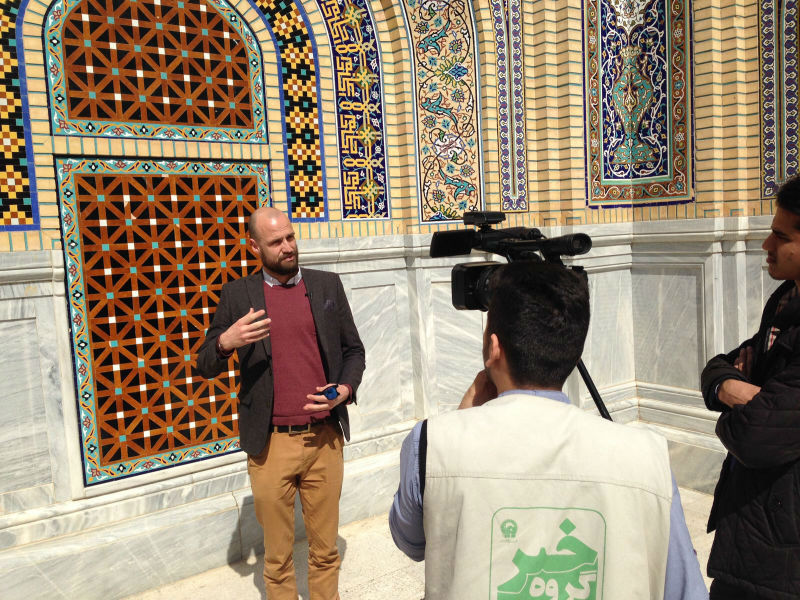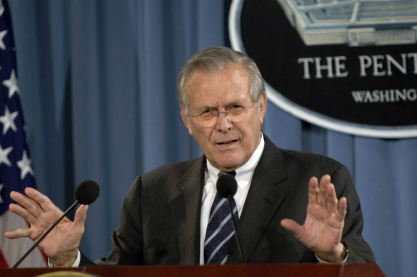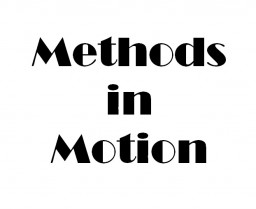 Edward Wastnidge being interviewed at the shrine of Imam Reza in Mashhad, Iran
Edward Wastnidge being interviewed at the shrine of Imam Reza in Mashhad, Iran
Being an academic whose work is intrinsically linked to ongoing world events is both a privilege and a frustration. A privilege, because I am in the position to interpret and analyse the politics and international relations of my chosen area: Iran, and the Middle East more widely. A frustration, because the ongoing conflicts in the region are prone to sensationalised reporting and partisan media which have a dangerous effect on how people perceive what’s going on. This is why my research has always sought to challenge Western media and think tank-led narratives that have a mutually reinforcing and often negative effect on the UK government’s policies, and those of its allies.
Much of what we read in the press, or even in so-called informed analysis by purported experts, is subject to heavy bias, often from vested interests. My main object of study, Iran, is exposed to crass generalisations about its government and ambitions which paint it as the regional bogeyman, hell-bent on pursuing a sectarian agenda in the region’s complex geopolitics. This is not to say that the Islamic Republic is an entirely benevolent actor with no issues of its own to contend with, but consider the environment that it finds itself in: surrounded by US military bases and Western-backed regional states. Iran’s main geopolitical rivals across the Persian Gulf, Saudi Arabia and the UAE, are key Western allies and beneficiaries of record-breaking arms contracts with Western powers.
These states have invested vast sums of money in Washington-based think tanks and university departments to help promote their own agendas in the region. The UK government’s key regional ally, Saudi Arabia, is complicit in the acts of terrorism that we see in Britain these days through its promotion of an unyielding, intolerant and pernicious form of Islam across the globe. And yet the UK government still furnishes it with weapons to pursue campaigns such as that in Yemen, where over 5000 civilians have lost their lives to date, and according to a recent Guardian report close to 18.8 million people are now in need of humanitarian aid.
How can we be bona-fide academics and truly ‘know’, when studying governments that claim to act as a force for good in the world, if they are beholden to the narrow self-interest of authoritarian regimes? I believe it is incumbent upon academics to call out the marked hypocrisy we see in the actions of governments such as the UK, in criticising some regimes while selling vast quantities of arms to others with equally poor records in human rights and involved in destabilising activities across the globe.
It is possible to draw from this a comparison with the narcissistic echo chamber that is so often decried in relation to social media, a place where we only read and hear what friends that we share stuff with think. Similarly, it appears that governments like the UK swallow the same tired discourses emanating from authoritarian undemocratic regimes across the Middle East. Except that in the case of governments the matter is much more serious, because of the implications of their upholding the views of these ‘friends’.
I feel it is my duty to shed light on the issues through thorough academic investigation on the ground, beyond the confines of a comfortable Whitehall or Washington office. Only by debunking myths and exploring alternative narratives can we truly and objectively understand the myriad complexities of a region such as the Middle East. From this informed position it is then possible to engage in sustained and productive dialogue with key players, something which successive UK governments have failed to do.
The question still resonating is: have governments failed solely for lack of good evidence from academic research? Most likely not. Yet from where I sit – the pursuit of ‘how do we know’ about Iran and the Middle East – there is a crying need for narratives to be corrected with sounding explorations.
In a recent article published in Global Affairs journal, I call for European governments and academics to act together to counter the dangerous narrative on the Middle East currently emanating from the US, which is putting the hard-fought success of the Iranian nuclear deal in peril. I am also continuing my own research agenda into the cultural output of the so-called ‘Axis of Resistance’ (combining Iran, Syria and Hezbollah in Lebanon), exploring how a narrative of resistance to Western-led interests in the region is being formed and articulated through various cultural production activities.
With the emphasis of Western analysts continually on the military aspects of regional affairs, I feel that it is important to highlight the ‘softer’ elements of relations between key actors, as a means of explaining the alternative perspectives found on the ground in the region.
More on Methods in Motion
The Methods in Motion blogs are by researchers linked to the Centre for Citizenship, Identities and Governance. The blogs represent their opinions emerging from research in progress, and do not necessarily represent the views of the Research Centre or Open University. You can discover more about Methods in Motion on the CCIG website.






Rate and Review
Rate this article
Review this article
Log into OpenLearn to leave reviews and join in the conversation.
Article reviews